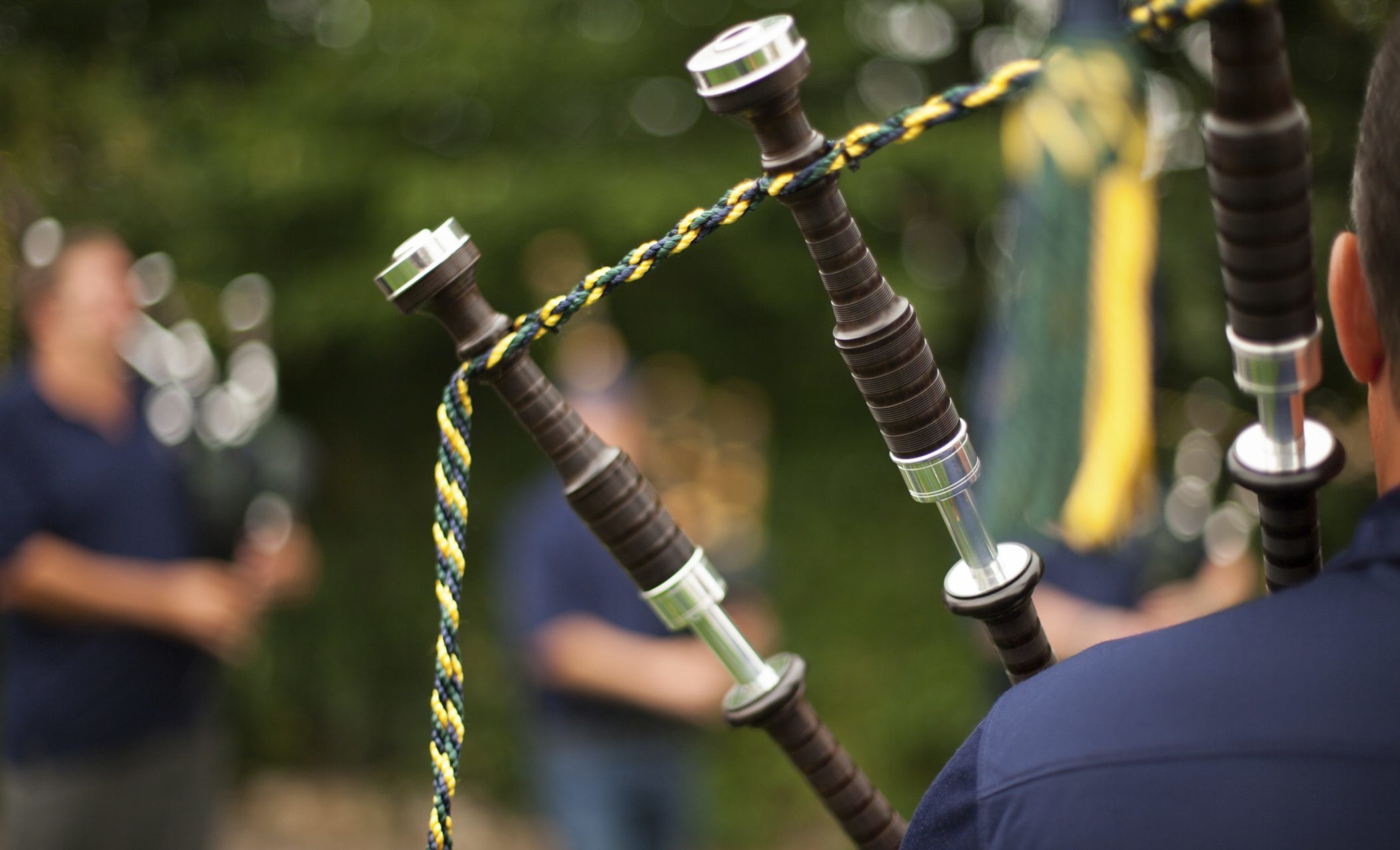Playing the bagpipes could be hazardous to your health, a new study has warned.
Pipers’ lives could be at risk if they breathe in mould spores growing inside the instrument.
Scientists say a variety of fungi and mould could cause what’s known as “bagpipe lung”.
Blowing in warm moist air creates the ideal breeding ground for the mould and the spores which are then inhaled back to the player, according to the study.
The warning came after a bagpipe player died of the chronic inflammatory lung condition hypersensitivity pneumonitis.
A 61-year-old man, who has not been named, was referred to a specialist lung clinic in 2014 after seven years of a dry cough and progressive breathlessness, despite treatment with immunosuppressant drugs.
His condition had worsened to the point that he couldn’t walk more than 20 yards, and was finding it hard to breathe, prompting admission to hospital.
He had been diagnosed with hypersensitivity pneumonitis in 2009, although the cause had not been identified as he was not a pigeon fancier, lived in a damp house or smoked.
But he played the bagpipe daily but did not take them with him on a three month trip to Australia and his symptoms rapidly improved.
Dr Jenny King, of University Hospital of South Manchester, said: “This is the first case report identifying fungal exposure, from a bagpipe player, as a potential trigger for the development of hypersensitivity pneumonitis.
“The clinical history of daily bagpipe playing, coupled with marked symptomatic improvement when this exposure was removed, and the identification of multiple potential precipitating antigens isolated from the bagpipes, make this the likely cause.”
It is believed that the condition occurs when the lungs have an allergic reaction to something inhaled, similar to “farmer’s lung” which is caused by breathing mould that grows on hay, straw and grain.
Bagpipe, trombone and saxophone players can be affected too, according to the study in leading respiratory medicine journal Thorax.
Dr King added: “Cleaning instruments immediately after use and allowing them to drip dry could theoretically curb the risk of microbe growth.
“Clinicians need to be aware of this potential trigger for developing hypersensitivity pneumonitis, and wind instrument players need to be aware of the importance of regularly cleaning the instruments to minimise the risk.”
For more, see Tuesday’s Courier.










